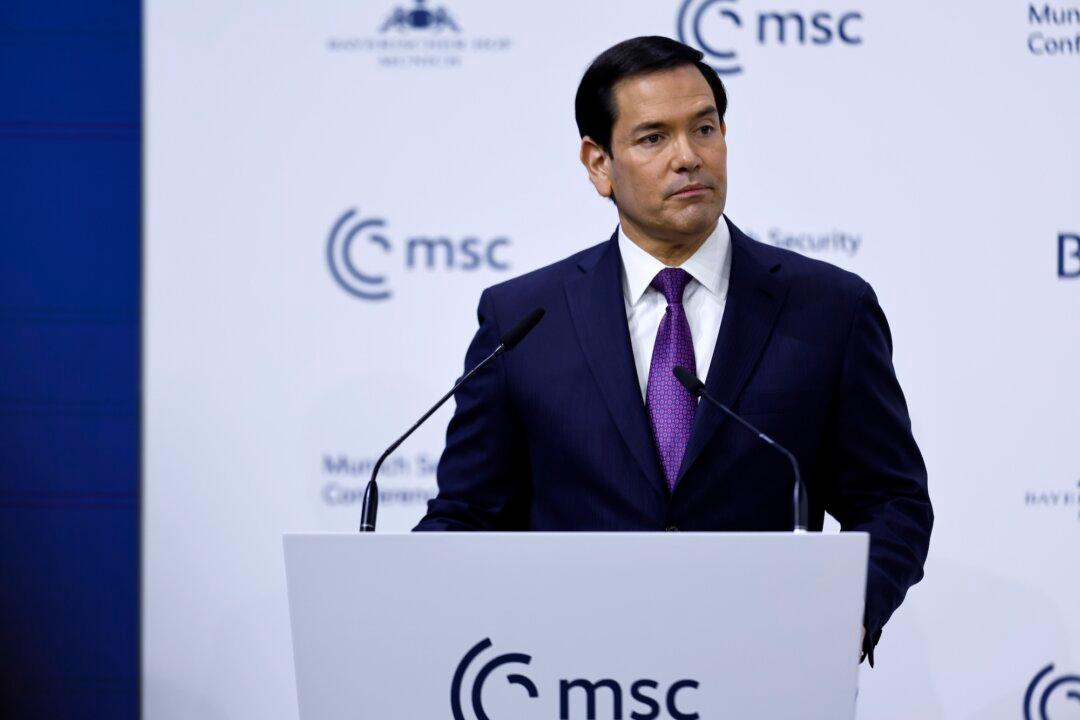A bipartisan group in Congress has introduced a proposal that seeks to restrict the ability of civilians to obtain enhanced body armor on the premise that it would make it harder for criminals to get their hands on the equipment.
Reps. Grace Meng (D-N.Y.), Chris Jacobs (R-N.Y.), and Brian Higgins (D-N.Y.) said in a joint statement on June 16 that their draft bill has been named in memory of Aaron Salter Jr., a retired police officer and supermarket security guard who was fatally shot in the recent Buffalo massacre, after he fired at and hit the suspect but with no effect as the gunman was wearing enhanced armor.





